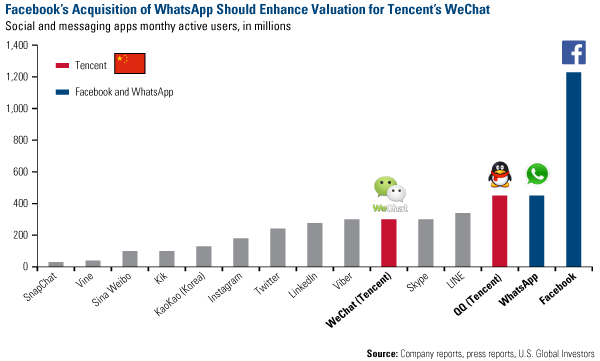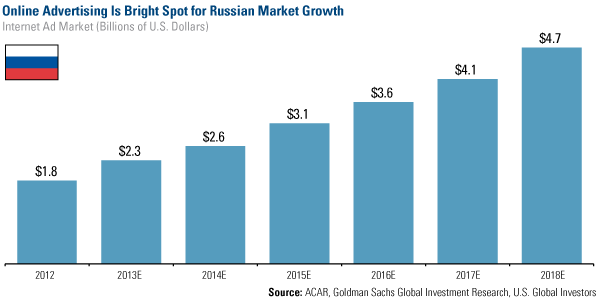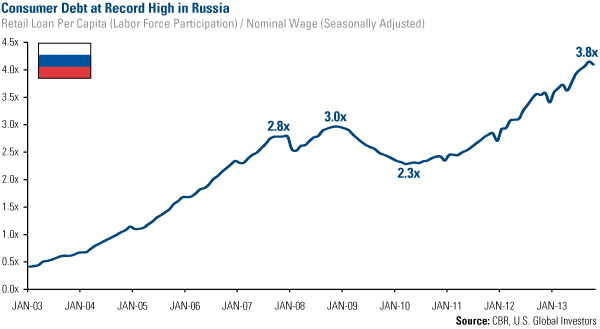Emerging Markets Radar (February 24, 2014)
Strengths
- Polish January industrial output rose 4.1 percent from the previous year, above the 3.5 percent median estimate. Manufacturing rose 5.9 percent and output in the water supply and waste management sector grew 4.8 percent. In addition, the Polish Purchasing Managers’ Index (PMI) surged to a three-year high of 55.4 in January, despite similar data in the eurozone posting a tick down.
- The Brazilian real advanced the most among emerging market currencies as Brazil reported higher-than-forecast foreign investment a day after the government pledged to reduce spending. The government announced that it would cut this year’s fiscal budget, allowing Brazil to meet a primary surplus target of 1.9 percent of gross domestic product. According to analyst commentaries, improved fiscal management will help slow inflation and allow the central bank to limit further increases in borrowing costs.
- The Philippines’ overseas workers remittance in December rose by a higher-than-expected 9.1 percent year-over-year to a record $2.16 billion, the fastest pace in a year. According to World Bank estimates, remittances still accounted for around 10 percent of the country’s GDP in 2013.
Weaknesses
- This was another fund outflow week in the emerging market space as investors pulled $1.56 billion this week. This marks the record 17th straight week of outflows in dedicated emerging markets funds, with cumulative outflows reaching $38 billion, or 4.9 percent of assets. On the positive side, the magnitude of outflows has reduced compared with the recent average outflow of $5.2 billion per week. At the country level, Poland, Mexico and Russia reported the largest outflows relative to assets.
- European stocks weakened as disappointing manufacturing and services data in the eurozone added to concerns of a stagnant recovery. The PMI for manufacturing in the euro-area slipped to 53 from 54 in January. Economists had predicted a reading of 54. The reading suggests that the region’s recovery is struggling to gather pace, and puts pressure on the European Central Bank to loosen its policy further.
- The Flash HSBC China PMI declined to a worse-than-expected 48.3 in February, a second month of contraction and the lowest reading in seven months. While seasonal distortion by the Chinese New Year cannot be ruled out, there is no sign of a fundamental relaxation in the monetary policy stance.
Opportunities
- Facebook’s recent $19 billion acquisition of WhatsApp might trigger a revaluation opportunity in the marketplace for Tencent’s QQ and WeChat social messaging apps. According to CICC, mobile QQ and WeChat may realize around $2.5 billion in revenue for 2014, or up to 25 times larger than WhatsApp’s monetization potential this year.
- Goldman Sachs reports that online advertising continues to flourish in Russia and offers opportunities in the current context. Goldman forecasts secular themes in both information technology and advertising to remain in place, with online advertising offering a bright spot of the market growth. As the chart above shows, online advertising in Russia is expected to grow into a $3 billion market by 2015, comprising more than 30 percent of total ad budgets.
- The Economist Intelligence Unit praised the Pacific Alliance trade agreement between Peru, Chile, Colombia and Mexico. The four Latin American nations recently decided to eliminate 92 percent of trade tariffs in order to facilitate exports and migration between them. The Economist stressed the agreement would create many business opportunities and increase competitiveness of member nations, which will allow them to enter the Asian market as a bloc.
Threats
- Deutsche Bank initiated coverage on Tinkoff Credit Systems with a Sell rating as it expects the fast earnings growth of recent years to be curtailed by spiraling bad loans. The concerns relate to a deteriorating market outlook and discomfort with asset quality. On a separate commentary, Goldman Sachs notes that Russian consumer debt relative to wages is at a record high, having troughed in 2010 before rising gradually to mid-2013. As a result, loan growth has slowed and will likely continue to decline as bad loan portfolios surge.
- Russian stocks dropped as Gazprom fell on concern that Ukraine’s deadly clashes may disrupt gas supplies to Europe, which comprise about a quarter of the region’s demand and are largely dependent on free transit through Ukraine. As the political instability worsened, investors questioned the company’s ability to deliver on its contracts to Europe.
- Anti-government protesters’ recent efforts in Thailand to discredit the Yingluck Shinawatra administration with its own supporters highlights lingering political uncertainty with no quick end to the ongoing standoff.















